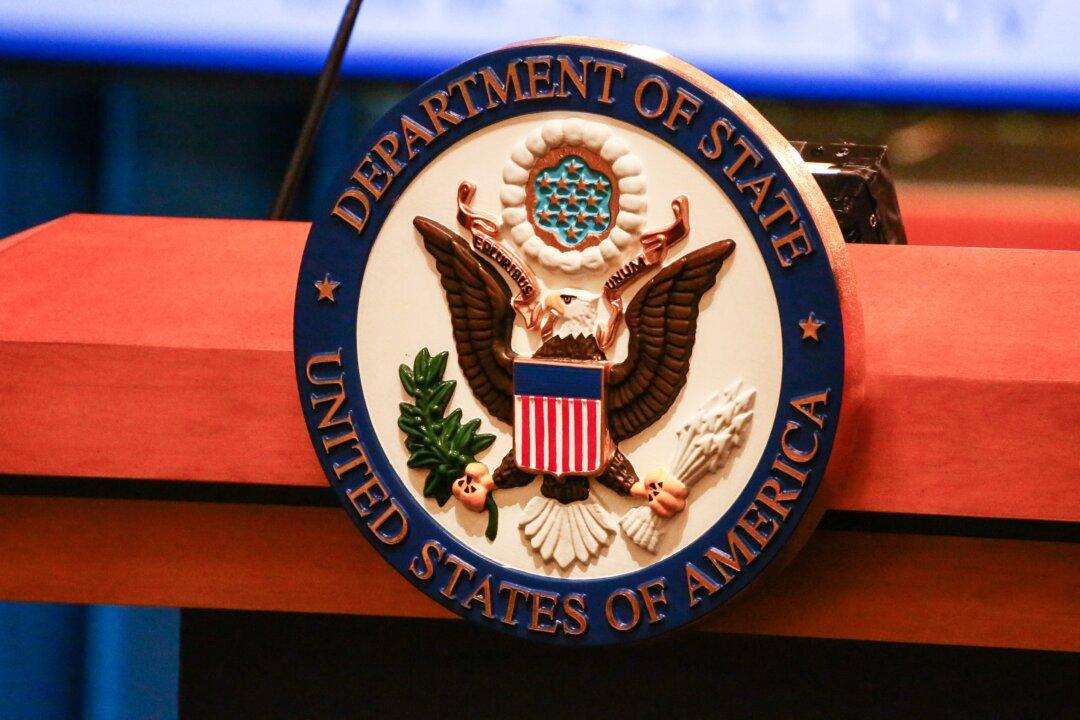The North African nation of Tunisia plans to join BRICS, a bloc of the world’s leading developing economies including Brazil, Russia, Iran, China, and South Africa. Asked about the issue, a spokesperson for the U.S. State Department said that it was “a sovereign decision” for Tunisia to make.
The coalition of developing nations includes some of the United States’ top adversaries because of their competing system of governance. The United States is a liberal democracy, while many of the governments of BRICS member nations are led by autocrats in a socialist democratic model.





